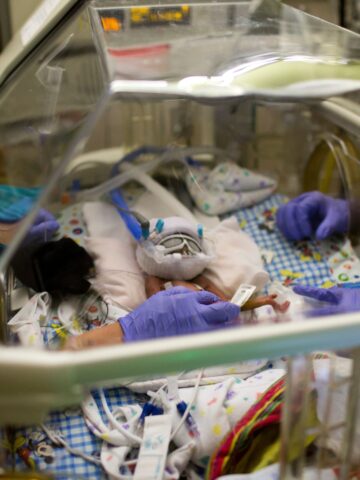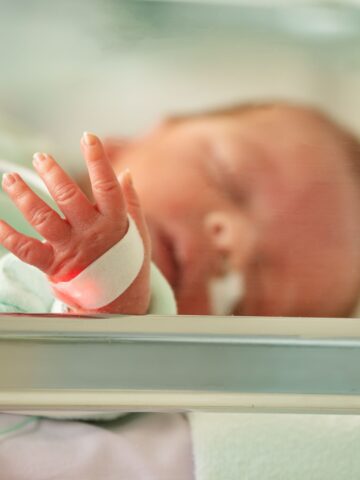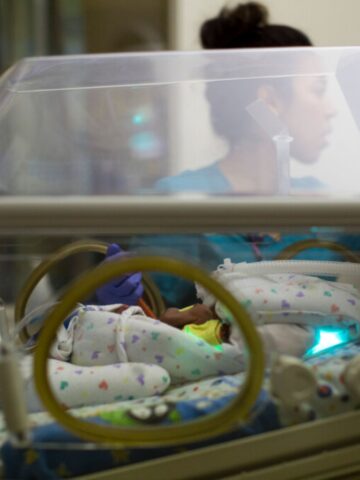Advancing neonatal-perinatal medicine with innovation and dedication
Dr. Terrie Inder has been appointed chair of the Center of Neonatal Research, a newly created position at Children’s Hospital of Orange County (CHOC). As a proven leader in the care of newborn babies with complex medical needs, CHOC has taken this commitment to excellence a step further with Dr. Inder’s arrival.
“The thing that attracted me to CHOC is the hospital’s excellence in multiple clinical programs, including neonatal neurocritical care, targeted cardiovascular investigations and the Small Baby Unit,” Dr. Inder says. “All of the elements are in place here to investigate and discover ways we can better reduce long-term adverse outcomes for babies born prematurely or with complex medical conditions.”
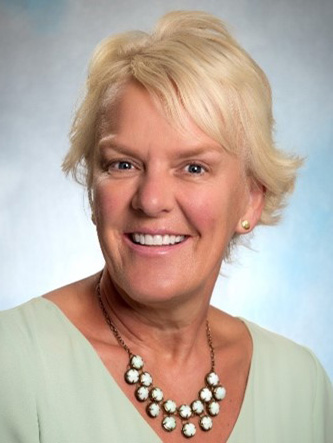
Dr. Inder, who previously founded neonatal research teams at Washington University and Brigham and Women’s Hospital, has been a leading researcher in the field for more than 20 years. Her work has been fundamental to the understanding of early brain development and disorders of neonates. As the chair of the Center of Neonatal Research at CHOC, she will lead efforts to advance neonatal-perinatal medicine studies and improve clinical outcomes.
“CHOC has an excellent, dedicated clinical team with tremendous expertise and a large volume of patients,” Dr. Inder says. “We care for a large number of families and babies, and this gives us a good opportunity for research and discovery.”
Preventing brain injury in high-risk babies
One area of research Dr. Inder is passionate about is brain injuries in premature newborns.
Babies born very prematurely have up to a 50% risk for some form of brain injury, but the reasons why some babies experience more severe brain injuries than others are not yet understood.
“We believe it’s related to the first few days of life when they are very unstable. But no one has been able to combine the techniques of looking at the heart and lungs alongside monitoring the blood flow to the brain to see how it is affected,” Dr. Inder says. “This is very important because people are doing studies looking at the heart and lungs, but not looking at the brain. Here at CHOC, we have the opportunity to combine those two. We have the expertise to monitor both the brain and the heart and lungs simultaneously. That only exists at one or two centers in the world.”
Dr. Inder’s goal is to learn more about what triggers these types of brain injuries in premature babies and discover ways to prevent them from occurring.
“Usually when brain hemorrhaging occurs, we are playing catch-up and helping the babies rehabilitate after the injury,” she says. “We want to understand the cause.”
Developing neurorestorative treatments and rehabilitation therapies
To help premature and full-term babies recover and thrive as they get older, brain injuries require rehabilitation therapies. The Center of Neonatal Research at CHOC will also focus on partnering with pharmaceutical companies to develop clinical trials that will be available to facilities around the globe.
Such trials require many participants, who will continue to be monitored after they leave the NICU and throughout the first few years of their lives.
“We are setting up the infrastructure now to become an optimal site to lead the world in carrying out these very innovative trials,” Dr. Inder says. “Babies here will be the first to have the opportunity to be exposed to these life-changing treatments.”
This research also extends to helping parents learn ways to assist their babies in recovering from brain injuries.
“We don’t focus on this a lot in babies, but we know that in adults and even young children who have brain injuries that there is a critical period that the brain is malleable and better able to reorganize after an injury,” she says. “We’re interested in partnering with therapists to better understand how to engage parents as partners in assisting us with this rehabilitation process, to enhance brain reorganization and recovery following injury.”
Far-reaching impact
Dr. Inder strives to make the Center of Neonatal Research at CHOC a facility that has a widespread effect on both health professionals and families.
“My goal here is to build a program that will stand out both regionally and nationally as a center of excellence where people want to come and train and where families want to have their babies cared for,” Dr. Inder says. “All of the information we discover will be rapidly translated into clinical practice. And because of the types of studies we’ll do, there will be many opportunities to receive clinical care that will be unique.”
Along with research and discovery comes a drive to continue to move the needle forward, which translates into extraordinary care and partnerships.
“Just being part of a research study gives families more opportunity for extra check-ins and follow-ups, both in the hospital and after they leave,” Dr. Inder says. “And everyone on the team, from physicians to bedside nurses, becomes curious and proud that they are discovering things that can make a difference to others. Everyone drives the questions, and this breeds not only a partnership between parents, caregivers at all levels and investigators, but also a different level of care.”
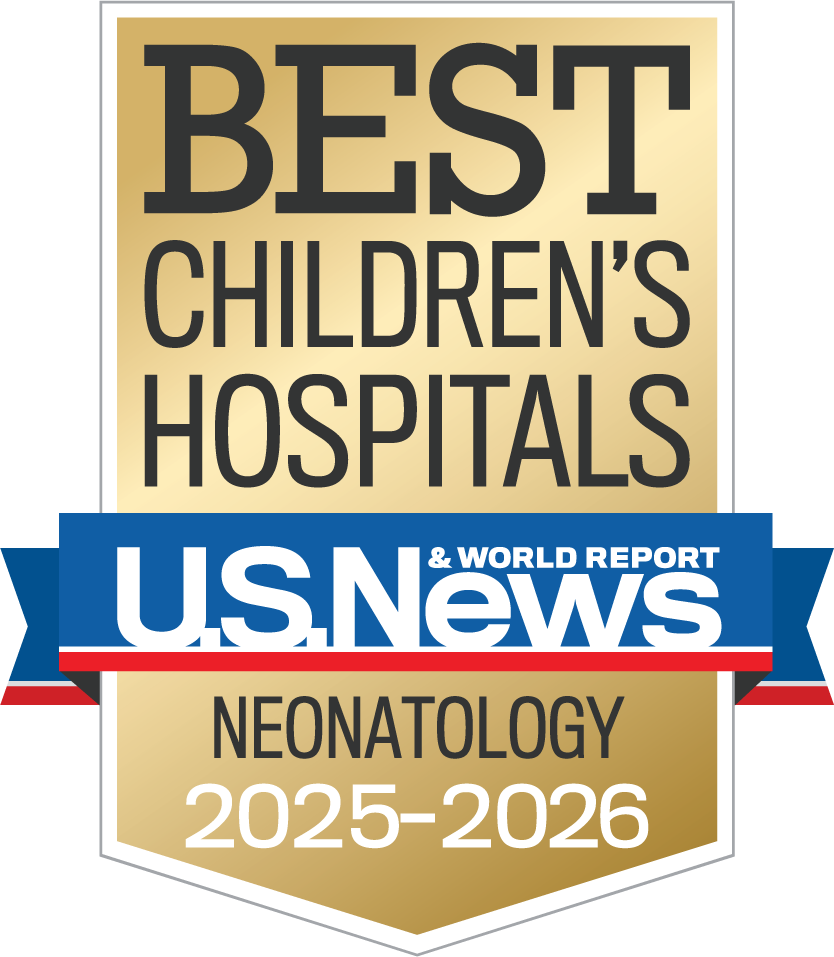
CHOC was named one of the nation’s best children’s hospitals for neonatology by U.S. News & World Report in its 2025-26 Best Children’s Hospitals rankings.

